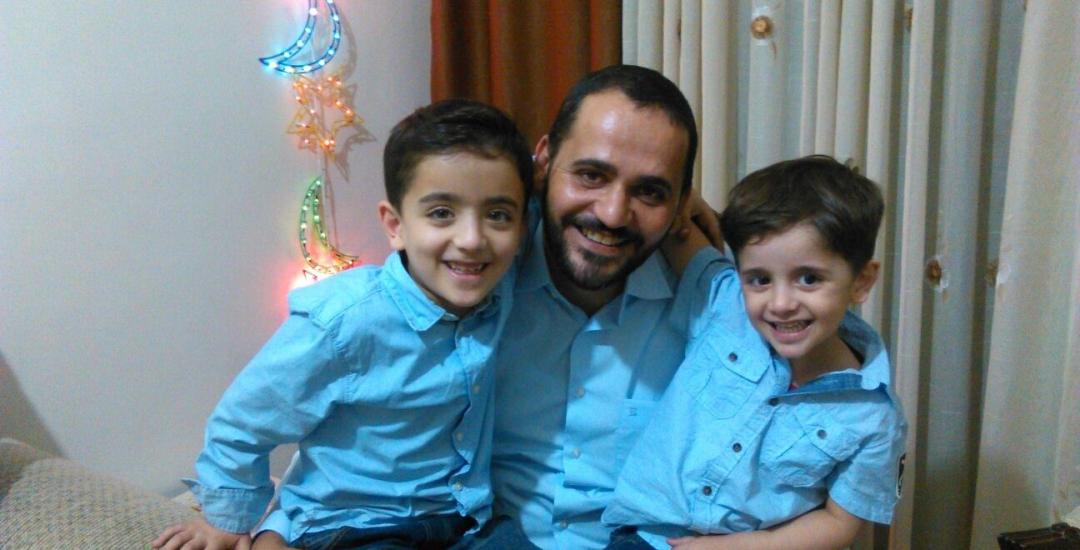
Ramsi Suleiman, a 39-year-old pharmacist in Amman, had been missing since his arrest by a group of General Intelligence Directorate (GID) agents on 23 May 2017. After the authorities refused to provide any information on his fate and whereabouts for about two months, on 16 July, his lawyer, who had come numerous times to the GID premises to inquire about him, was allowed to meet with him for the first time.
Suleiman was wanted by the GID since May 2017, when GID agents raided his house and harassed his family. His relatives believe that he was targeted because he is suspected of being a member of Hizb Ut Tahrir (HT), an international, pan-Islamic non-violent political movement legally present in the numerous counties in the Arab world as well as in Central and South-East Asia and European countries, but which remains banned in Jordan. This seems to be corroborated by the fact that several other alleged HT members or supporters have been arrested in the past few months.
During two months, his relatives and lawyer went to the GID headquarters in Amman's Jandawil district in Wadi Sir to inquire about his fate and whereabouts, but were constantly denied any information. It is only during his lawyer’s last visit on 16 July that the GID officers eventually acknowledged Suleiman's detention. He was also allowed to see him inside the Military Prosecutor’s offices to sign the power of attorney. Suleiman's relatives, however have not been allowed to see him yet.
“While we welcome Suleiman’s reappearance, we remain concerned over his two-month long disappearance,” said Inès Osman, Legal Officer at Alkarama. “In Jordan, it regularly occurs that after their arrest by the GID, individuals are detained without any contact with the outside world. During this time, they are often tortured and forced to sign self-incriminating confessions to be later used in trial. This is unacceptable: the Jordanian authorities must ensure respect of fundamental legal guarantees to all detainees, as the Committee against Torture (CAT) recommended during its last review of the country.”
Concerned over his safety, on 3 July 2017, Alkarama sent Suleiman’s case to the United Nations Working Group on Enforced Disappearances (WGEID), calling for the experts’ urgent intervention with the Jordanian authorities to request them to inform his family on his fate and whereabouts and release him.
For more information or an interview, please contact media@alkarama.org (Dir: +41 22 734 1008).
